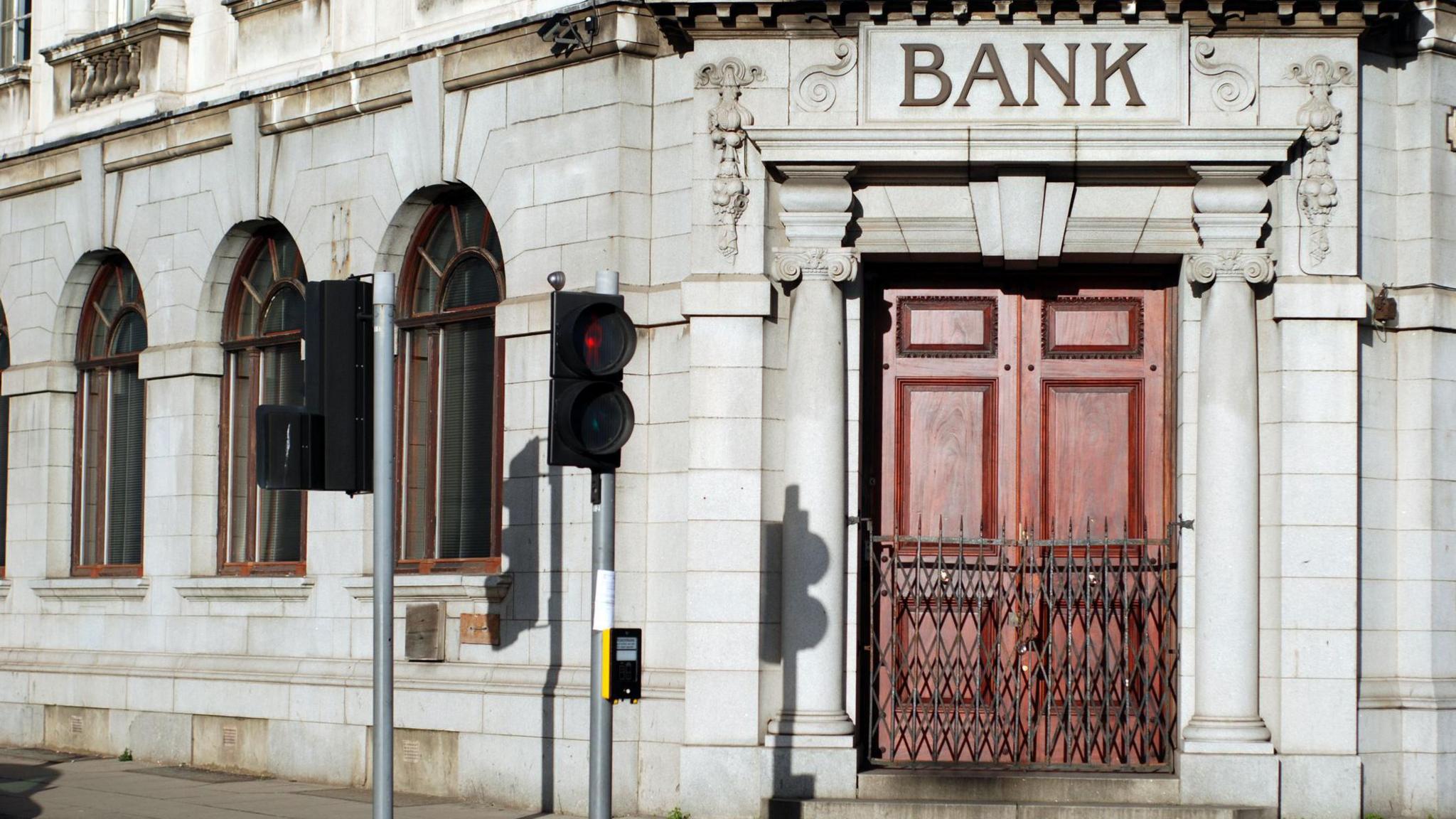
I noted the other day that 60% of UK bank branches have been shuttered since 2015. A lot of people aren’t happy about this and so we see new bank hubs opening where, for each day of the week, the hub represents a different bank. But why do we need branches? I posed this question on social media:
In the 1990s, I constantly said that 80% of bank branches would become redundant. Since 2015, UK banks have closed 60% of their branches and, overall, my prediction has come true. Thoughts?
And got a lot of good feedback. Mostly negative. Here are a few examples (names altered to protect the truth):
Johnny Agent commented:
It's interesting that few if any banks used this transformation to differentiate or build strategically important new value chains. Almost entirely technological changes have been used for undifferentiated low value cost cutting only
David Teller says:
I’ve had to go to a branch a few times recently. Mostly because of the need to transfer large sums as executor of estate, buying a house, albeit once to pay in a cheque sent to me by - you guessed, a bank - which could not be scanned by the paying in cheques app because online and phone banking has limit controls which can’t be changed, even as a one-off.
Going to branch has always taken over half a day, and is downright stressful when the transaction has to be completed same day. I tried every UK retail bank, even opening an account at Chase on the basis JPM has RTGS but they haven’t integrated yet.
In effect we’re forced to load the current account well in advance, which means foregoing the 5% interest on a savings account.
So, on the whole remote banking works fine, for most people most of the time, but for the exceptional situations the branch experience has worsened.
Another friend, Anthony Martin (ATM) for short, commented:
Of all the advantages technology has brought us, I don't think this was one of them. I know when my father was a branch manager (1960s) he was personally involved in lending decisions and made a genuine effort to get to know and understand the business and needs of his customers.
Today it seems the process is driven by remote and faceless box tickers.
I feel certain many potentially very successful SMEs have been and continue to be held back by these robot banks.
Another friend, Barry Ranch, noted:
Depending where you live, on payday there will often be lines of people looking to cash their checks at your local branch. It could be they don’t qualify for an account, their work doesn’t offer direct deposit (common in trades/labour), or they just can’t wait the additional day needed for an ATM or mobile deposit to make their funds available. They just might not be technically savvy, or just enjoy coming down to the bank for some personal service, which can be especially true for seniors.
Regardless of the reason, unless banks are willing to close their doors to these customers entirely (and they shouldn’t), I wouldn’t expect the branch as an entity to ever completely die off.
Customer service surveys consistently indicate the most satisfied are those who use both the online services and the branches - there is no substitute for being able to walk into a building to talk to a real person when something goes wrong.
Finally, another friend (Chuck Book) said:
It is not a good time to be old, lonely and not use the internet.
More on this tomorrow, but the general sentiment seems to be that the passing of bank branches is not a welcome move. It’s a move that’s good for ROI for the bank but, for customers, they are losing something significant. It’s called service.
Oh, and just to finish off, the bank will reply: well, you can always call us?
Chris M Skinner
Chris Skinner is best known as an independent commentator on the financial markets through his blog, TheFinanser.com, as author of the bestselling book Digital Bank, and Chair of the European networking forum the Financial Services Club. He has been voted one of the most influential people in banking by The Financial Brand (as well as one of the best blogs), a FinTech Titan (Next Bank), one of the Fintech Leaders you need to follow (City AM, Deluxe and Jax Finance), as well as one of the Top 40 most influential people in financial technology by the Wall Street Journal's Financial News. To learn more click here...

